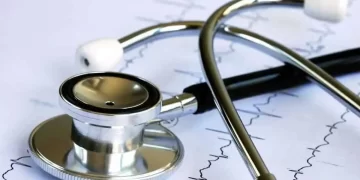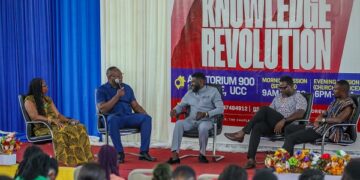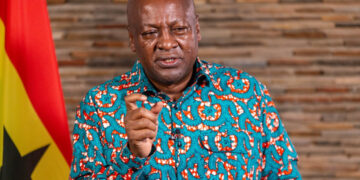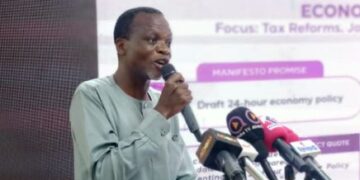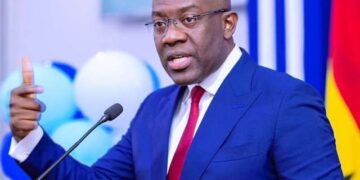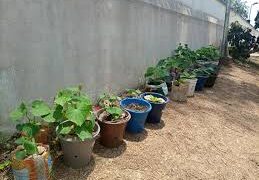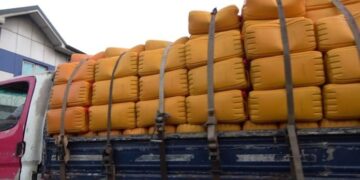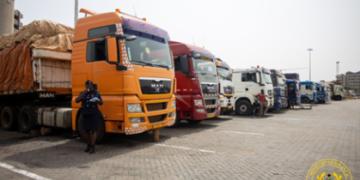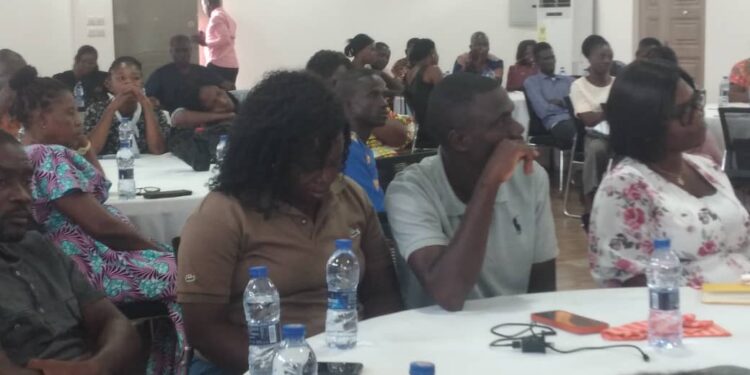The Institute for Educational Planning and Administration (IEPA) at the University of Cape Coast has held a 3-day residential education training for housemasters, housemistresses, senior housemasters and housemistresses, and for assistant heads-domestic of Senior High and Technical Schools in Ghana.
The training is the third cohort, which targeted 40 schools. About 200 of the housemasters, housemistresses, senior housemasters, senior housemistresses, and assistant heads domestic benefitted from it.
Speaking to ATLFM NEWS, Director-General of IEPA, Dr. Michael Boakye-Yiadom highlighted the gap in Ghana’s Education System emphasizing the lack of documented learning outcomes for students in boarding schools.
“…So that as a parent, one could say that, for keeping my child in a boarding house, the child would develop the following skills and competencies” he stated”
According to Dr. Michael Boakye Yiadom, a study conducted to identify the learning experiences showed inconsistencies in eligibility criteria for boarding staff in different schools.
As a result, he said his outfit is working closely with the Ghana Education Service (GES) to analyse how the boarding school system is run adding this formed the basis for the training which TTEL funds.
“So, we worked closely with GES and discussed these findings from our scoping study, and GES was excited that we use this as the basis to train,” he said.
Dr. Boakye-Yiadom noted that the training is expected to enhance the housemasters’ and housemistresses’ capacity to support the students’ growth and development while at the boarding house.
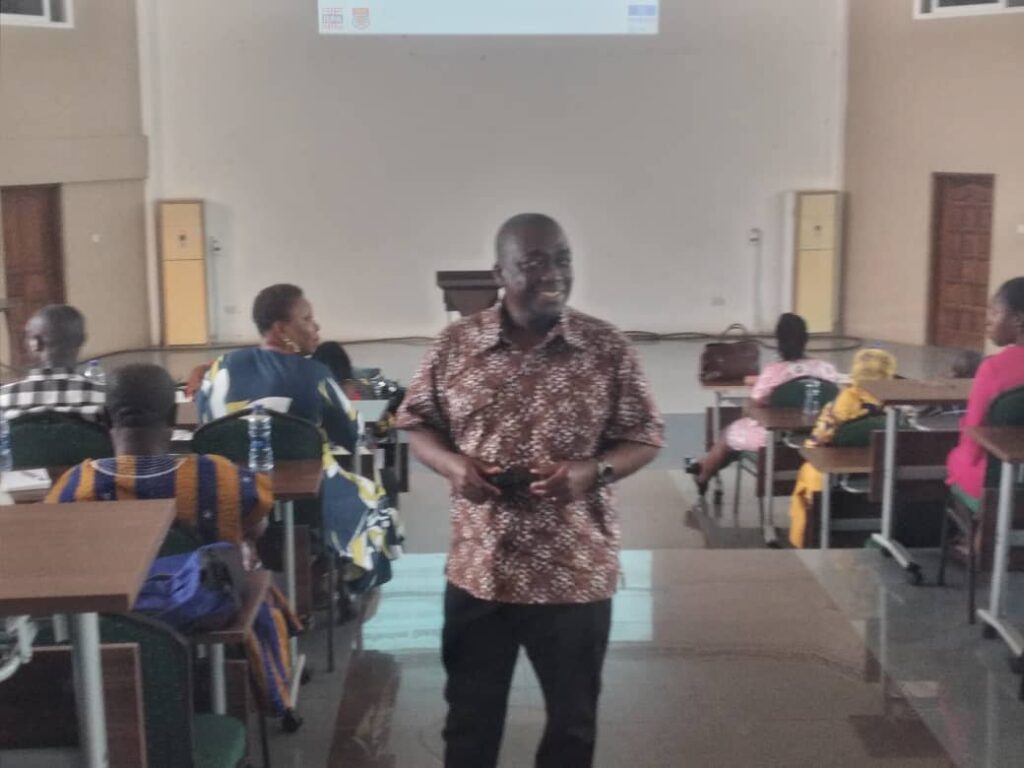
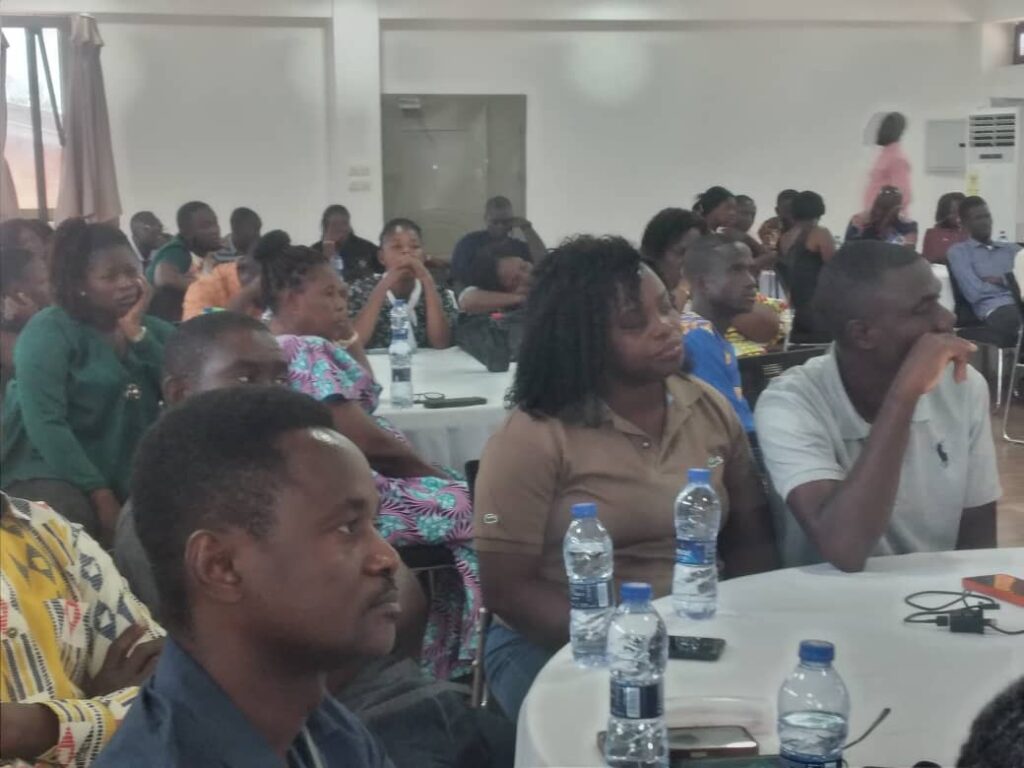
He said the training will focus on the boarding houses as learning communities where programmes are planned and students come together to learn to enhance the academic programmes.
“So, we started this about a month ago. We first trained the first cohort of about 200 housemasters, housemistresses, senior housemasters, senior housemistresses, and then assistant heads domestic. And then we did a second one, another 200, and we are now doing a third one 200, which is the last for this particular phase.”
ICYMT: How deliberate mis-kicks changed one of sport’s strangest positions
The 3-day residential training for boarding house staff covers six modules focusing on self-awareness in areas of growth for residential leaders, understanding one’s role as a residential education leader, gender equity and social inclusion in residential education, as well as health, well-being and crisis management in residential education.
Dr. Boakye-Yiadom indicated that the IEPA will conduct follow-up visits to the schools to assess the impact of the training.
“And for the students, the overall development doesn’t happen only in the classrooms. They also happen hugely outside the classrooms. And the students spend most of their time in the boarding houses.”
The Senior Housemaster of Tanyigbe SHS, Ho, Aheto Kofi Mensah and a housemistress at Ghanata SHS described the training as an educative programme which should be done more often as it will enlighten them.
“if you look at the whole discussion, it’s the welfare of the student, creating an enabling environment for them to learn and concentrate. And when we don’t have those facilities available, it becomes very difficult for the implementation to be effective,” Aheto Kofi Mensah stated.
Source: Eric Sekyi/ATLFMNEWS

